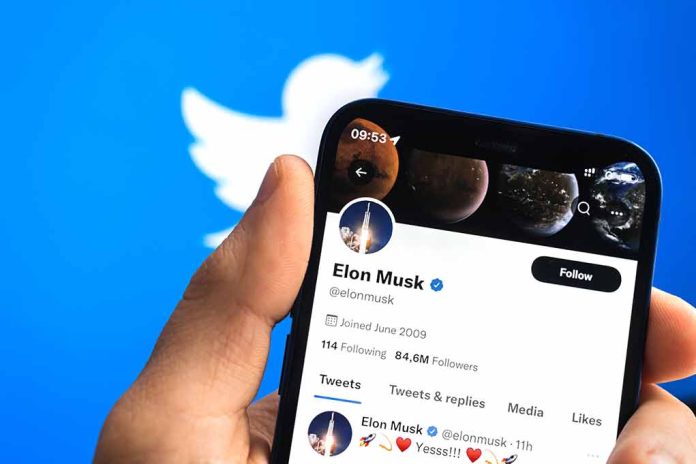
Elon Musk’s ambitions for governmental reform are shaking the political landscape, raising both hope for efficiency and fear of public service jeopardy.
Key Takeaways
- Elon Musk claims he can slash approximately one-third of federal government spending.
- Musk leads an advisory group, “Doge,” aimed at reforming the government amid pushback from Congressional Democrats.
- Critics are concerned that significant cuts could threaten vital public services and governmental stability.
- Legal battles over privacy and data access are underway, showing the tension between Musk’s goals and bureaucratic regulations.
- The expiration of Doge coincides with the 250th Anniversary of the Declaration of Independence.
Musk’s Cost-Cutting Mission
Musk asserts an intention to reduce federal spending by about one-third, drawing attention and skepticism alike. He has proposed finding savings exceeding $2 trillion, focusing on agencies such as the Department of Education, FBI, and IRS. These proposals aim to streamline processes and eliminate waste, resonating with those advocating for fiscal responsibilities.
Despite his ambitious plans, critics question the practicality of drastic cuts, considering much of the federal budget is mandatory spending. Some skeptics fear that these measures might compromise essential services and disrupt governmental operations that Americans rely on daily.
— Digital Habitats (@HabitatsDigital) February 3, 2025
Doge: A Reform Advisory Group
Musk spearheads Doge, an advisory group focused on radical government reform. Despite being unofficial, Doge maintains a direct line to the White House, illustrating its influence. However, Vivek Ramaswamy, who initially co-led Doge, withdrew from the initiative, leaving Musk at the helm.
“DOGE will present this list of regulations to President Trump, who can, by executive action, immediately pause the enforcement of those regulations and initiate the process for review and rescission,” per Musk and Ramaswamy.
Also, the group’s mission extends to reducing regulations, overseeing layoffs, and closing some agencies, showcasing Musk’s determination to change the status quo. As such, Doge has encountered criticism over its access to sensitive databases and its pressure on veteran employees.
Political and Public Reactions
The reform effort has drawn bipartisan interest, with supportive voices acknowledging the need for reducing ineffective government spending. Democratic Representative Jared Moskowitz joined the House Doge caucus, demonstrating some cross-party support. However, prominent figures like Bernie Sanders and Ro Khanna favor specific cuts but remain critical of Doge’s broader approach.
“President Donald Trump’s point person for making rapid changes at U.S. governmental agencies is Elon Musk, the chief executive of carmaker Tesla and aerospace company SpaceX,” said Michelle Quinn.
Though these reforms are pending, legal challenges related to privacy and access are already underway. The U.S. Treasury has temporarily limited Doge’s access to certain data, highlighting contentious battles over Musk’s unprecedented influence on government operations.



